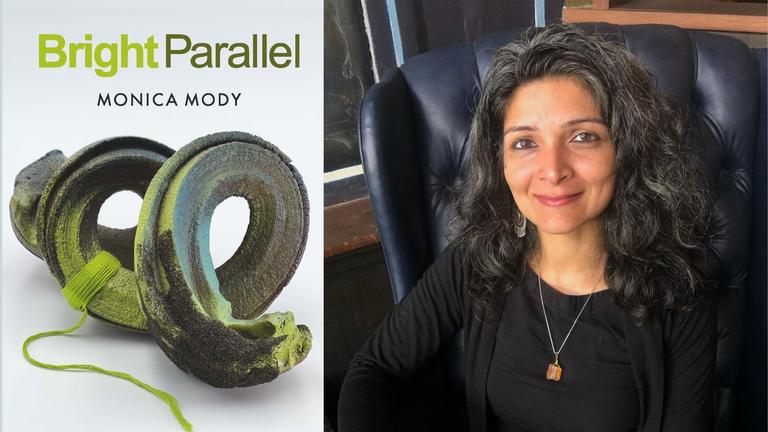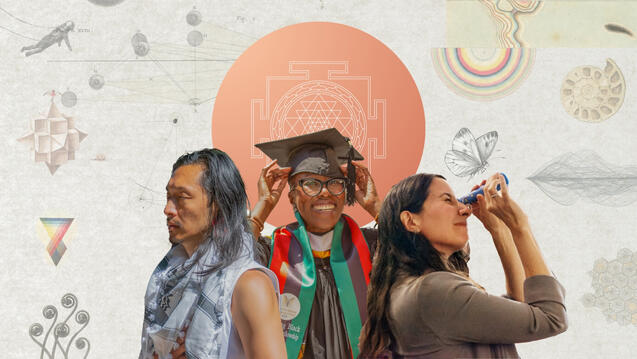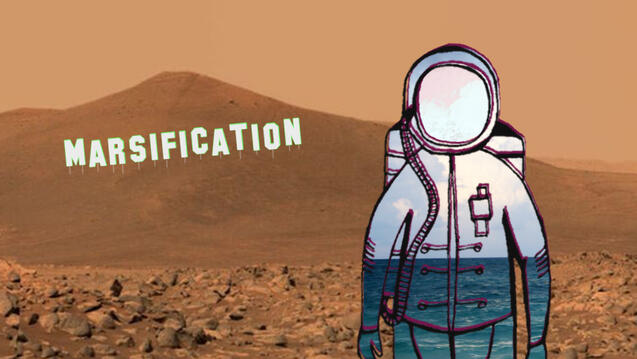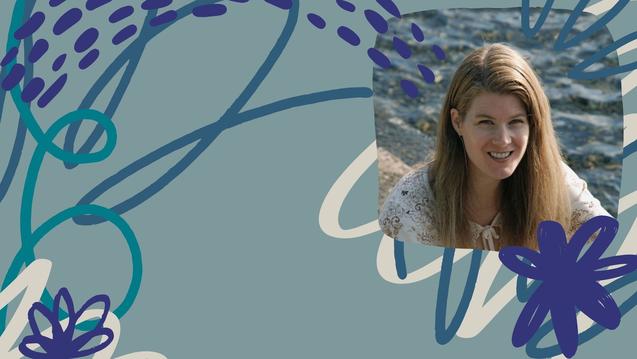At each CIIS Open House event, a community panel of faculty and alumni discusses what drew them to CIIS and their experiences at the University.

Faculty Author Shines With Bright Parallel
An interview with CIIS Professor Monica Mody about her new book of poetry Bright Parallel, detailing her inspirations as well as her writing and teaching process
Dr. Monica Mody, Ph.D., is both a professor and alumna of CIIS and describes herself as a cross-genre, border-crossing practitioner. This deeply felt reflection of both her accomplishments and her aspirations in her creative and scholarly pursuits is quite apt: and her ability to take on — or transcend — multifaceted perspectives shines in her newest collection of poetry, Bright Parallel. The book, published by Copper Coin, is a reflection of her extensive work with mythopoetic traditions and her commitment to earth-based and indigenous wisdom. CIIS is proud to celebrate Dr. Mody’s newest publication, which she adds to her significant collection of works. Learn more about her many projects here, and read on for our deep delve into her process as well as her celebrated new publication.
What inspired this collection?
I was not consciously working towards a collection as I wrote the poems included in Bright Parallel, even as I developed them concurrently with my doctoral studies and research at CIIS. Over the years, many poems were published in a number of journals, magazines, and anthologies. I started putting together a manuscript in 2019 while I was in India after having earned my Ph.D. I was waiting for my work authorization to come through, and a conversation with a fellow poet and friend instigated the process. These are poems about feminist unsilencing, ancestral reclamation, earth connection, ritual, the goddess, language, belonging, and a remythologizing of the self.
What sustained you through the process of exploration and creation?
During the process of writing poetry, one can get access to a kind of poetic knowing which allows one to touch something vaster and more entangled than the rational, objective self. Since my academic and epistemological project was about the knitting together of the fragments within my/our stories and realities, I turned to poetry as one of the methods to facilitate the weaving. I also have, I believe, an older pact with poetry where I must make space, sooner or later, when it knocks, to listen and to bring what I hear into form.
How does your writing intersect with your teaching?
I have been very fortunate to have been invited to teach courses that help me deepen my relationship with theories and paradigms I am interested in such as the embodied thealogy of Tantra and visionary imagination. Continuing to think into transformational philosophies — while developing syllabi, for instance, but especially during conversations in class — nourishes me and clarifies for me emergent/nascent ideas. When I get to teach courses on writing (academic or creative), animated discussions about craft and process often ensue — which are usually equally good reminders for my own writing practice!
Readers have praised your “attunement to the natural world.” How do you maintain your groundedness to the earth in your work?
Through practices such as walking, ritual, making offerings, etc., I come to know the self as centered not only in a ‘me’ but as a relational constellation attuning to the wild-at-large: something wild, provisional, expansive. My work grows out of these relational ontogenetic practices. The living presence(s) I encounter guides, ideally, the images, metaphoric field, language, scope, and soul of the work.
Related News
Zara Zimbardo and Lily Stone collaborated on the new album Marsification: A tale of planetary grief, featured on Radio 4’s Short Cuts.
New works from CIIS Professor of Clinical Psychology on the Psychological Potency of Dreams



